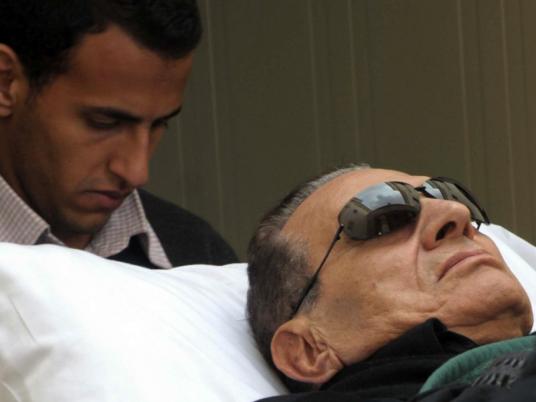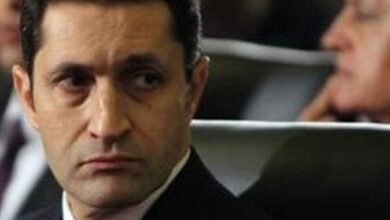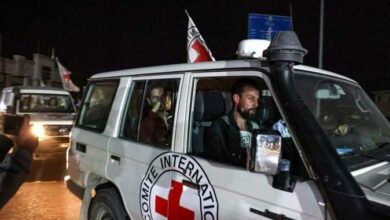
Islamists in Egypt have grown divided over whether to attend the funeral of deposed President Hosni Mubarak, who is currently in critical condition, if he dies.
Mixed news reports surfaced Monday over the health of the toppled leader, who had been transferred from Tora prison to a military-run hospital. He was sentenced to 25 years for failing stop the killing of protesters during the 25 January revolution.
A member of the ruling military council has denied press reports claiming that Mubarak, 84, was clinically dead.
A debate has ensued over what Mubarak’s funeral would be like and whether he would be granted a military procession.
“We would not mind attending his funeral. Our disagreements were political rather than personal,” said Sayed Nazily, a member of the Muslim Brotherhood. The Brotherhood, Egypt’s largest political group, had been banned and persecuted under the former president.
Mohamed Abdallah al-Khatib, a former member of the Brotherhood Guidance Bureau, said he too would have no problem attending even a military procession for Mubarak.
“We do not gloat over the death of anyone, because we are all going to die someday. It is religiously permissible to make a funeral prayer for Mubarak if he dies as a Muslim,” said Khatib, who had been famous as the group’s mufti.
But Essam al-Erian, vice chairman of the Brotherhood’s Freedom and Justice Party, disagreed.
“Discussions around Mubarak’s funeral are premature, and reports about his death are merely attempts to earn him sympathy,” Erian said.
Sheikh Nabil Abdel Naeem, a senior official at Islamic Jihad, voiced stronger opposition to the other views.
“We will not attend his funeral or make funeral rites for him. It is impermissible because he induced mischief and antagonized Islam,” Abdel Naeem said.
Abdel Neem said the former president was merciless toward his people.
“He will be chased by curses, and the crimes he made against Islam deny him funeral rituals,” he said. “The military funeral won’t save him from hellfire.”
Alaa Abul Nasr, the secretary general of Jama’a al-Islamiya’s Construction and Development Party, voiced a similar view.
“We will not attend his funeral or perform a funeral prayer for him. His crimes prevent us from asking God to give him mercy,” Abul Nasr said.
Edited translation from Al-Masry Al-Youm




